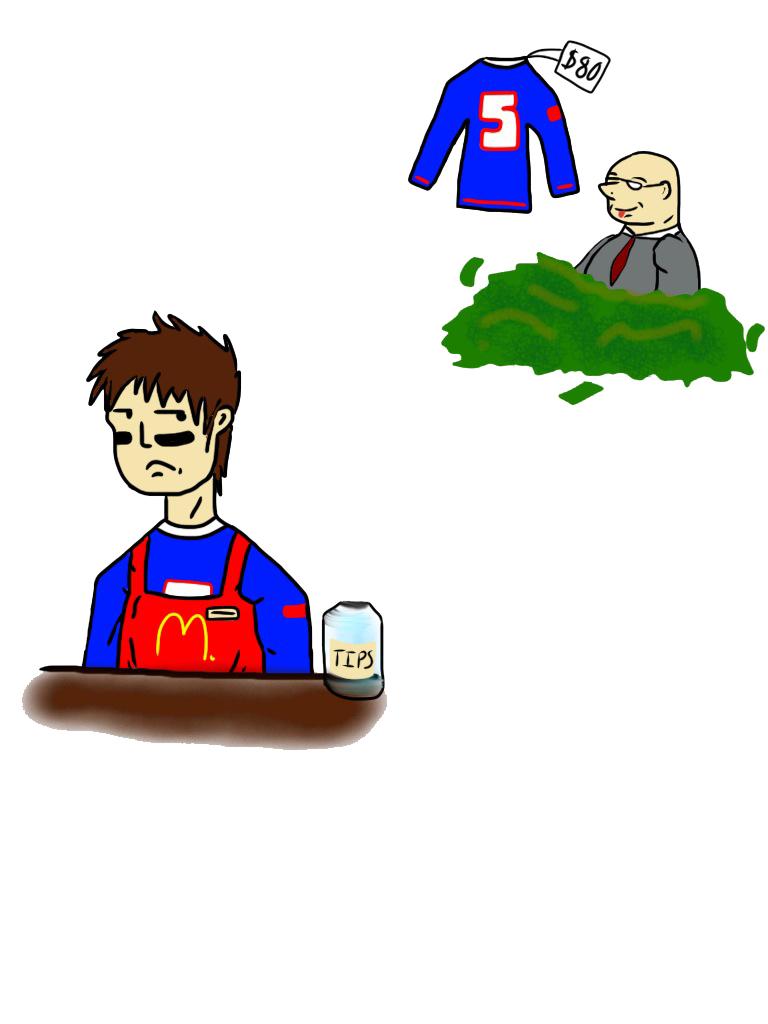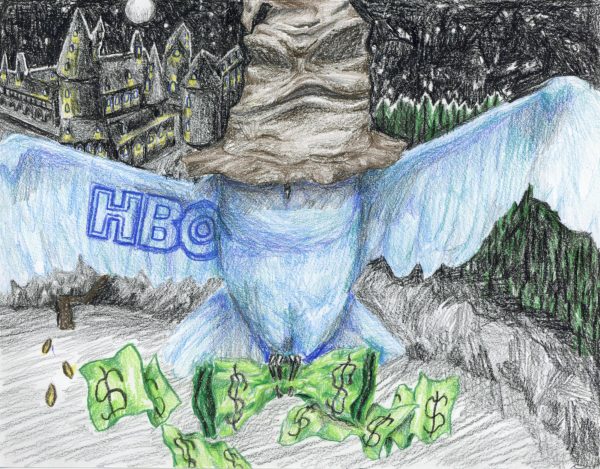Pay Day
The NCAA is making billions, is it time for college athletes to get a piece?
One of the biggest questions in sports today examines the issue of whether college athletes should be paid. Some say it would ruin the point of college. Others say it would be only fair to pay them. In the ever-changing world of college sports, which solution is the right one?
One of the main factors of this argument is that colleges and the NCAA make millions of dollars off of student athletes, yet student-athletes see very little of this money. The NCAA also has rules in place that prohibit student-athletes from having more than one job.
What would happen if student athletes were paid? There would be even more temptation to treat academics as secondary. The notion that college is just a stepping stone would be even more pronounced. On the other hand, it might encourage student-athletes to stay in school longer because they would feel less need to move up to professional sports as quickly and maybe even give more consideration to life after sports.
Although payment would help players, it would be unfair to lower-tier colleges who might not be able to afford to pay their players as much. It would also be unfair because boosters could give extra money to players which would tip the balance in such a way that players could be tempted to consider the highest bidder, not the best school for them and their family.
If the NCAA did allow players to gain income from their schools, would that number be even for all? If a player were to go to college at Texas A&M on scholarship, they would receive a large sum of money. While a school such as UTEP would pay players significantly less.
While directly paying players’ money might not be the solution, athletes should at least be able to make money off of their names. In 2013, the NCAA and colleges made more than $10.8 billion in endorsements and player merchandise, and the players didn’t get a cent. Several very popular players were at the forefront of this issue prior to the 2013 college football season, most prominently Johnny Manziel of Texas A&M and Jadeveon Clowney of South Carolina. If they were to have received a little cash from signing a few helmets or posters, who would that have affected in any negative way?
The best solution seems to be first, lift certain rules prohibiting players from making money off their names, but retain the rules prohibiting boosters from giving players money in excess. The NCAA should also open up a bank account for the athlete for long term benefits after college.
With these rules college athletes should have long-term benefit from playing their sport, along with a college education to get them far into the future, and hopefully, to pay day.






